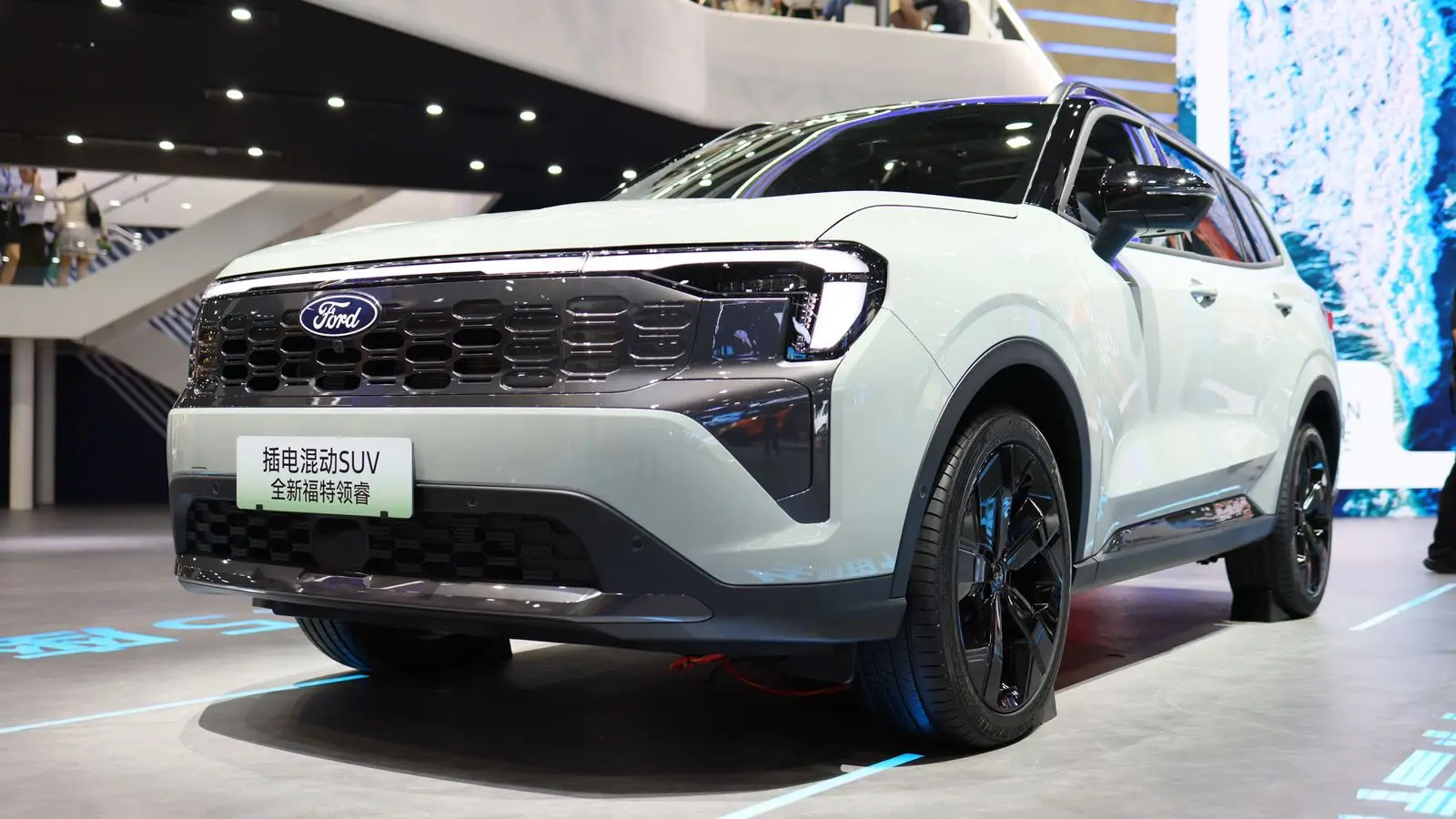Trump's Auto Loan Tax Deduction Plan Raises Industry Concerns

Trump proposes tax deductions on interest for US-made car loans. Experts question impact as tariffs drive vehicle prices up. Learn what it means for buyers.
President Donald Trump is proposing a tax deduction for auto loan interest—but only for vehicles manufactured in the United States. The move is being pitched as a way to stimulate domestic car production and counterbalance the effects of a new 25% tariff on all imported vehicles. But reactions from economists, dealers, and analysts are anything but unified.
Some in the auto industry welcomed the idea. Jason Tamaroff of Tamaroff Auto Group in Michigan said the deduction "could really help consumers." Others, like Nick Anderson of Chuck Anderson Ford in Missouri, believe the proposal is more about pressuring the Federal Reserve than helping car buyers, casting doubt on whether such a deduction would materialize or be impactful.
Analysts from J.P. Morgan estimate that consumers might save around $20 a month through interest deductions. However, they warn that Trump's import tariffs could raise car financing costs by $60 to $90 monthly. The bottom line: any benefit from the proposed tax break may be dwarfed by the rising cost of vehicles, which some forecasts say could increase by $4,000 to $15,000 depending on the model and origin.
From a tax policy standpoint, complications abound. Nearly 90% of U.S. taxpayers use the standard deduction, which offers no benefit for itemized deductions like this one. That means the proposed benefit would disproportionately help wealthier buyers who itemize and purchase higher-end vehicles. Tax Foundation economist Erica York estimates that the deduction, if structured as itemized, could cost the federal budget $5 billion annually—or $61 billion from 2025 through 2034.
The idea itself isn’t new. Until the 1986 Tax Reform Act, Americans could deduct interest on all consumer loans, including car loans. That law, however, ended the practice—except for mortgage interest. Trump’s version would bring it back, but only for U.S.-made vehicles. Automakers are split: Ford and GM are worried about rising costs, while Tesla—which manufactures all its models domestically—could see a competitive advantage.
The plan would need congressional approval, and so far, there’s been no definitive reaction from lawmakers. What is clear is that this tax proposal, while appealing to some, is unlikely to offer widespread relief in the face of sweeping tariff-induced cost increases.
Allen Garwin
2025, Apr 02 09:31


